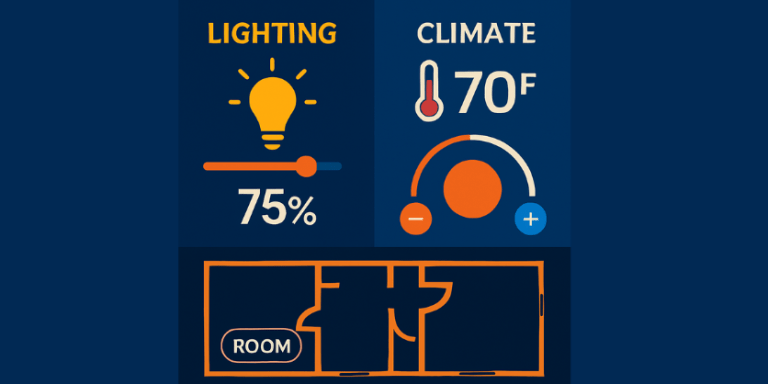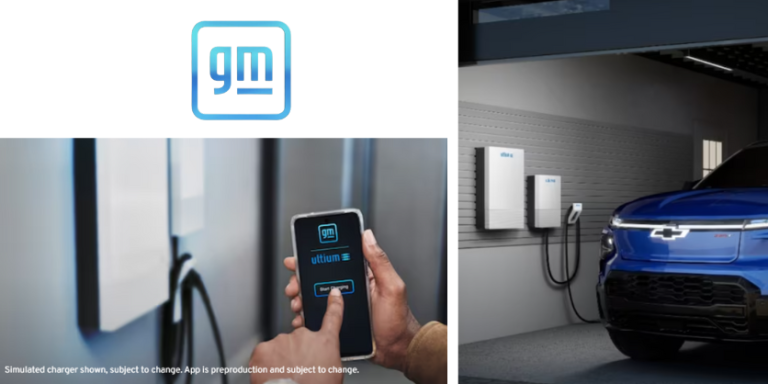Design Lights Consortium (DLC) Opens Six-Week Comment Period on NLC (Networked Lighting Controls) Proposed Technical Requirement Updates
April 23, 2024

Updating requirements related to energy monitoring and cybersecurity, NLC5.1 is the latest step in the DLC’s effort to expand adoption of Networked Lighting Control technology
The DesignLights Consortium marked Earth Day with the release of a draft update to its Networked Lighting Controls Technical Requirements (NLC5.1), continuing efforts to increase market adoption of energy saving and smart building-enabling Networked Lighting Control technology.
May 31 is the deadline for comments on the draft policy, which is tentatively scheduled for final release in July ahead of the DLC’s annual Networked Lighting Control listing update in August. Comments should be submitted to comments@designlights.org using the NLC5.1 Comment Form.
“Research shows that NLCs can increase the energy efficiency of commercial LED lighting projects by an average of about 50 percent – and nearly 70 percent for some building types. Integrating lighting controls with other building systems can push the savings even higher, yet NLCs are still underrepresented in the market,” DLC Executive Director and CEO Tina Halfpenny said. “By continuing to update our NLC requirements, we are aiming to increase investment and uptake in this transformative technology.”
Tina Halfpenny, DLC Executive Director and CEO
Since its establishment in 2016, the DLC’s Networked Lighting Control program has worked to remove barriers to adoption of NLCs by developing technical requirements that improve cybersecurity, energy reporting and interoperability of lighting control systems. Products that meet DLC requirements are eligible for incentives from 75 percent of North American energy efficiency programs, improving the return-on-investment of NLC systems and thereby future proofing investments in commercial LED upgrades.
The draft Networked Lighting Control 5.1 updates, which will not involve any product delisting, address two key areas:
- Energy Monitoring
- Recognizes ANSI C137.5 and C137.6
- Recommends that interval data be shared in either .CSV or Excel file types
- Revises DLC recommendations for file contents
- Cybersecurity
- Accepts PSA-certified chip level 1
- Includes updated criteria for acceptance
The proposed updates are available to view in detail on the DLC website. In advance of the May 31 comment deadline, the DLC will host a question-and-answer session on May 6 at 2:00 pm EDT. Register here. Stakeholders can also learn more about Networked Lighting Control system capabilities and DLC requirements by watching our Energy Reporting Update webinar recording here.
Related Article
DLC Controls Summit 2023: Unlocking the Potential of Networked Lighting Controls
Join us in Detroit on September 26 and 27 for the 2023 DLC Controls Summit, “Unlocking the Potential of Networked Lighting Controls.” Networked Lighting Controls (NLCs) can boost energy savings 49% on average compared with savings possible through LEDs alone. Despite this high potential, NLCs have achieved less than 1% market penetration.








